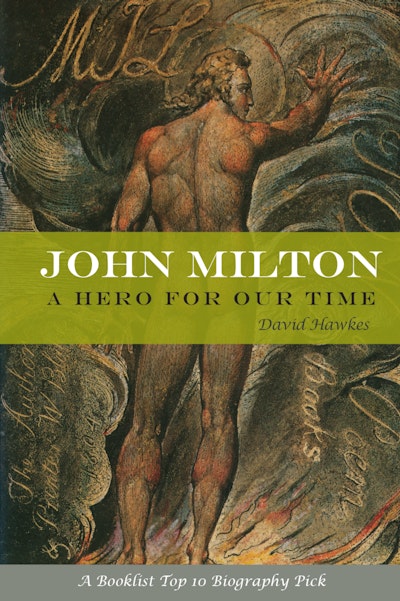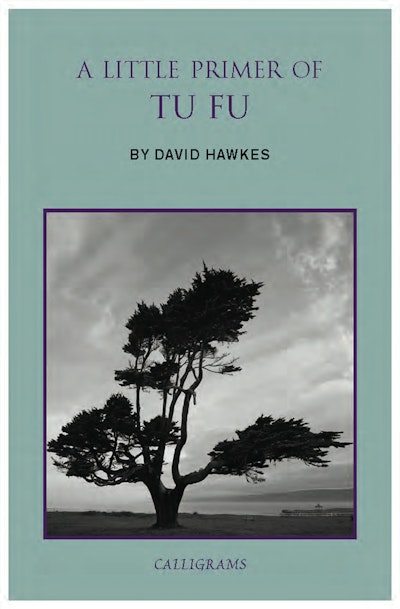John Milton — poet, polemicist, public servant, and author of one of the greatest masterpieces in English literature, Paradise Lost — is revered today as a great writer and a proponent of free speech. In his time, however, his ideas far exceeded the orthodoxy of English life; spurred by his conscience and an iron grip on logic, Milton was uncompromising in his beliefs at a time of great religious and political flux in England. In John Milton, David Hawkes expertly interweaves details from Milton's public and private life, providing new insight into the man and his prophetic stance on politics and the social order. By including a broad range of Milton's iconoclastic views on issues as diverse as politics, economics, and sex, Hawkes suggests that Milton's approach to market capitalism, political violence, and religious terrorism continues to be applicable even in the 21st century.
This insightful biography closely examines Milton's participation in the English civil war and his startlingly modern ideas about capitalism, love, and marriage, reminding us that human liberty and autonomy should never be taken for granted.



